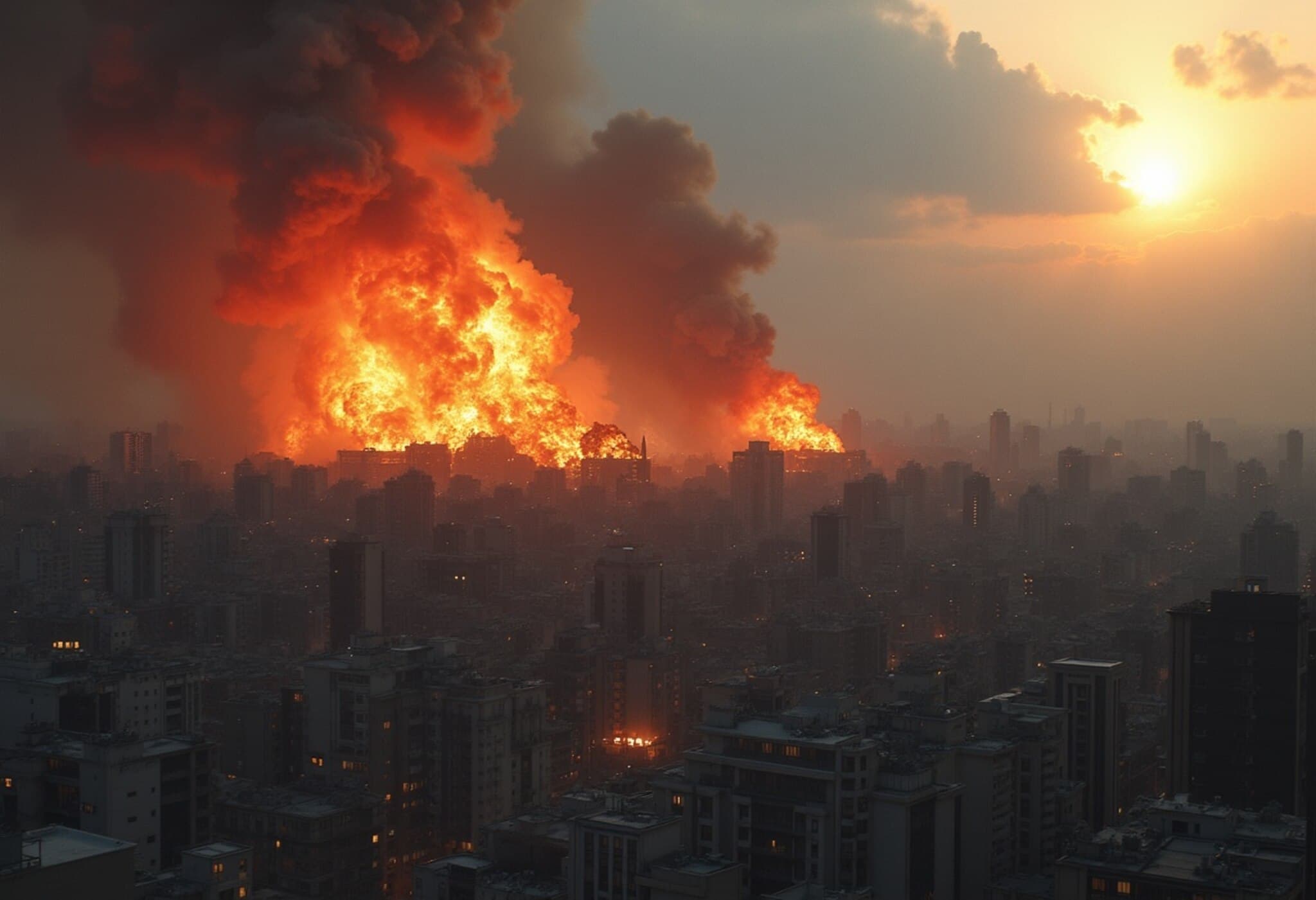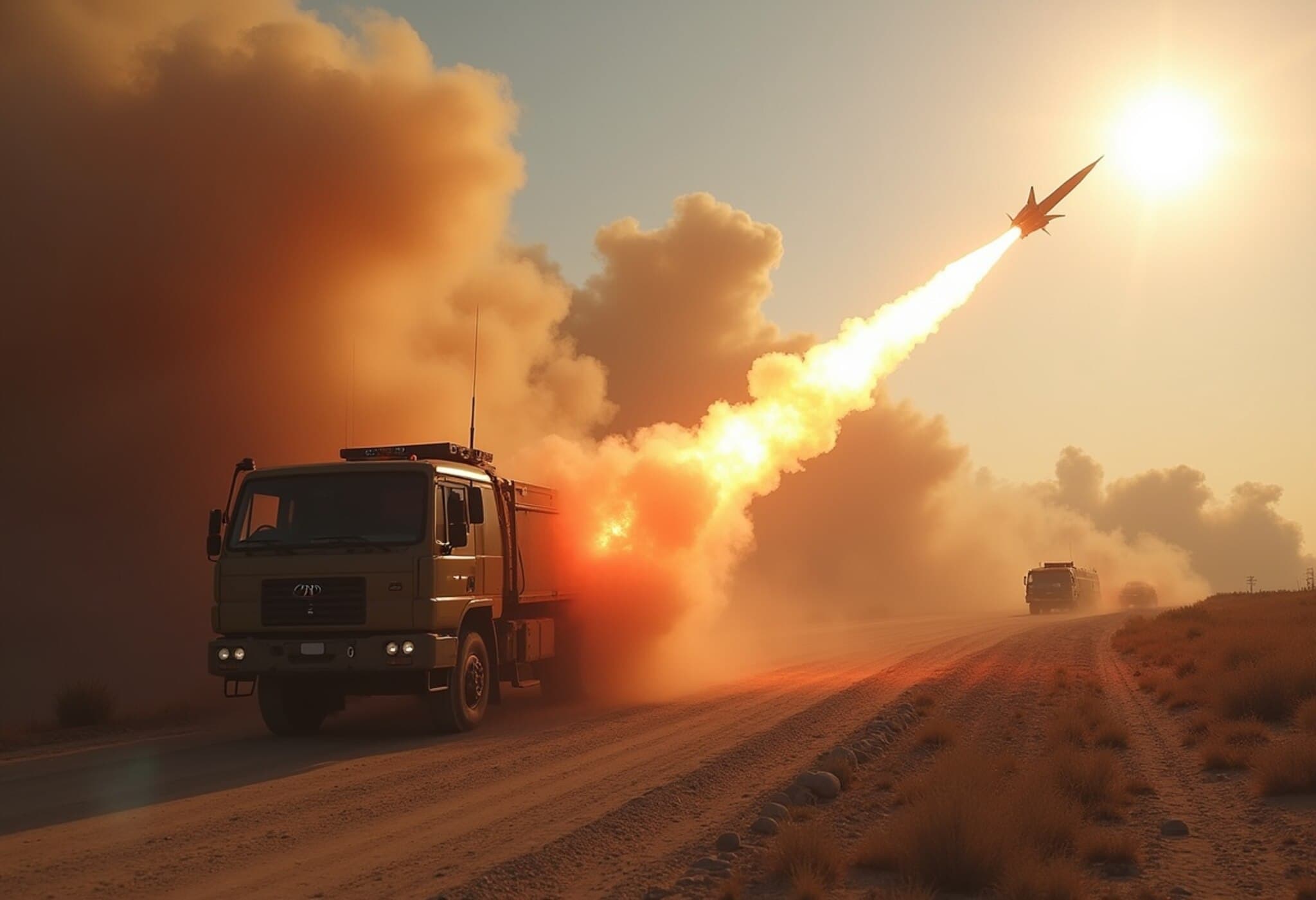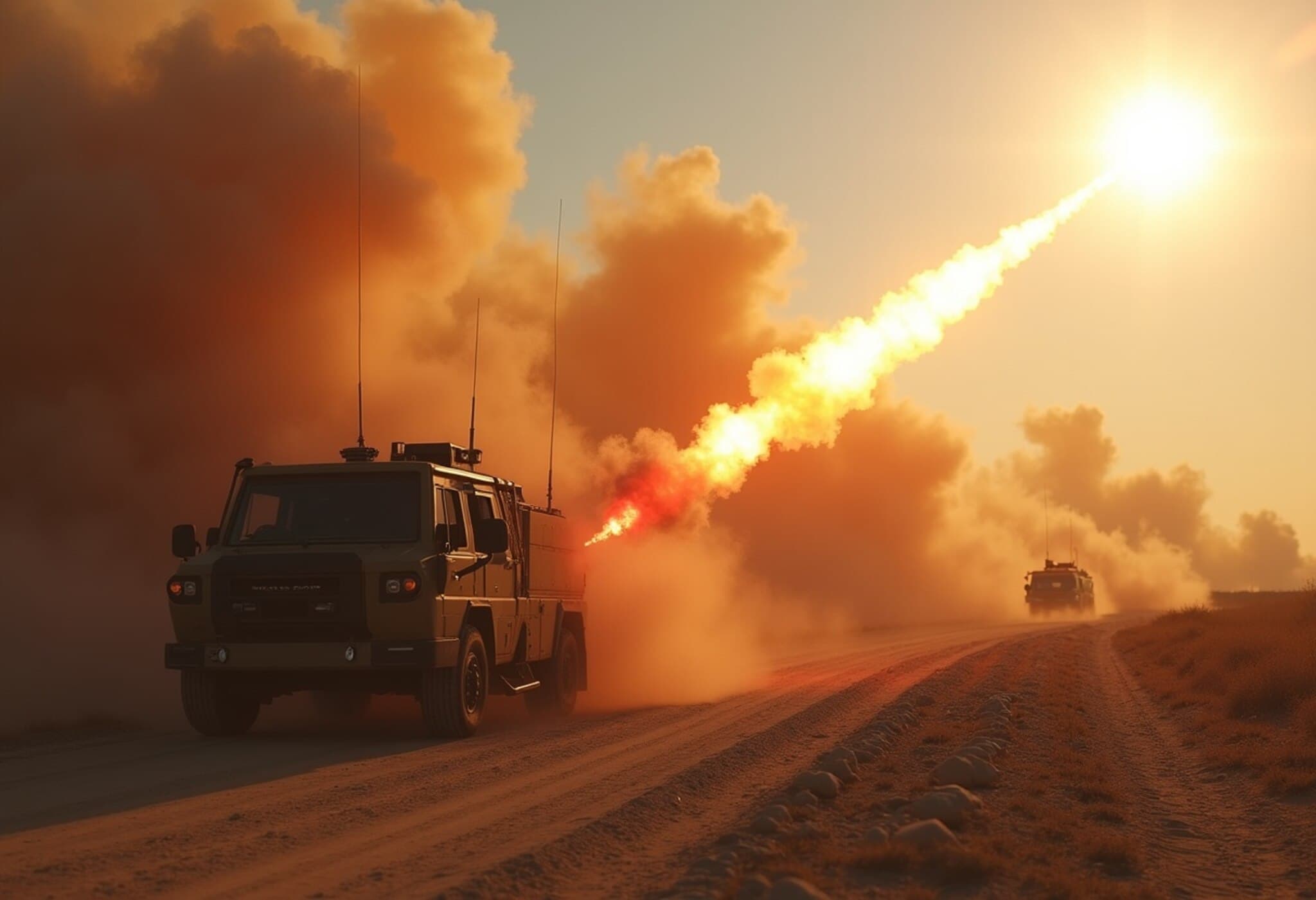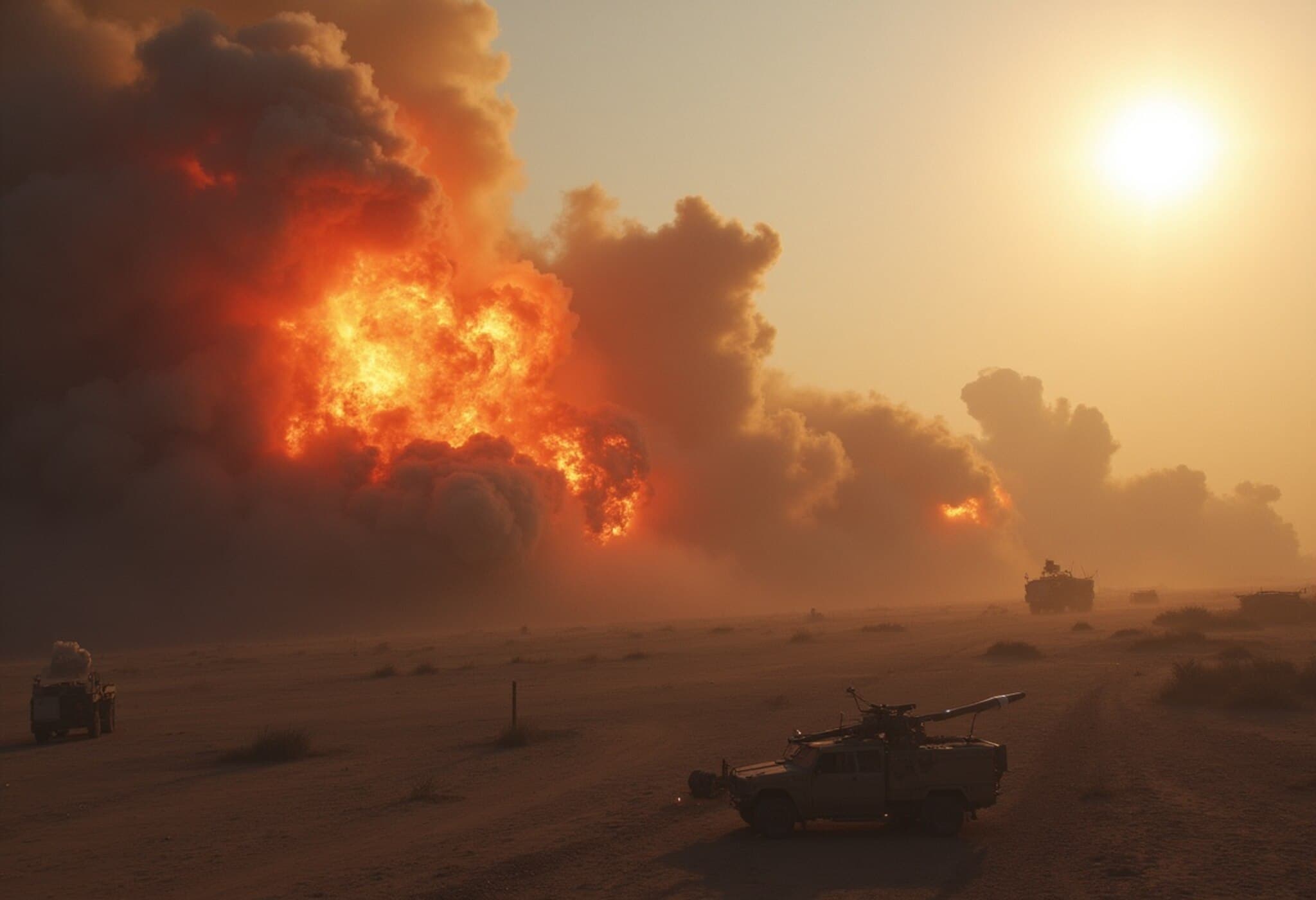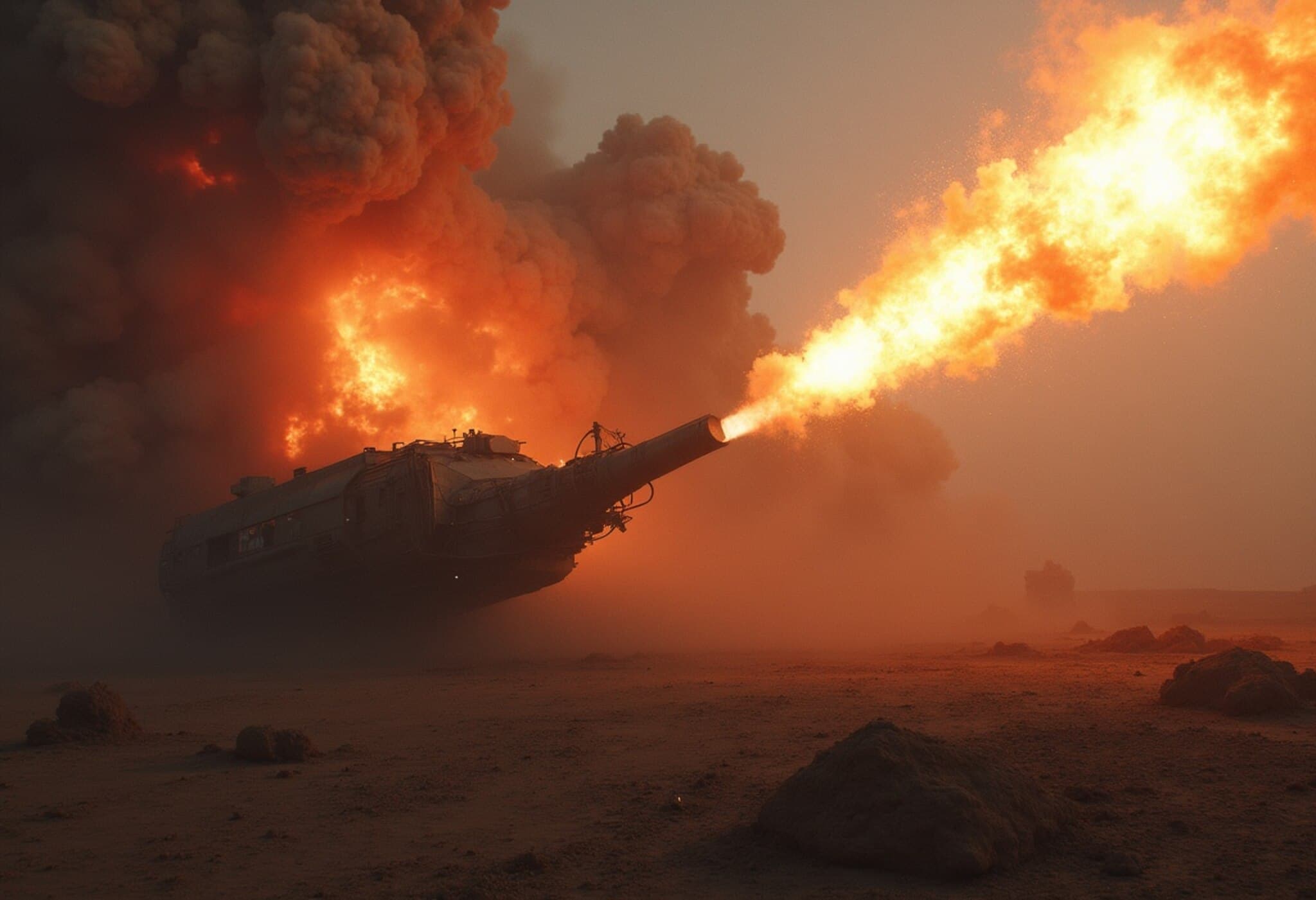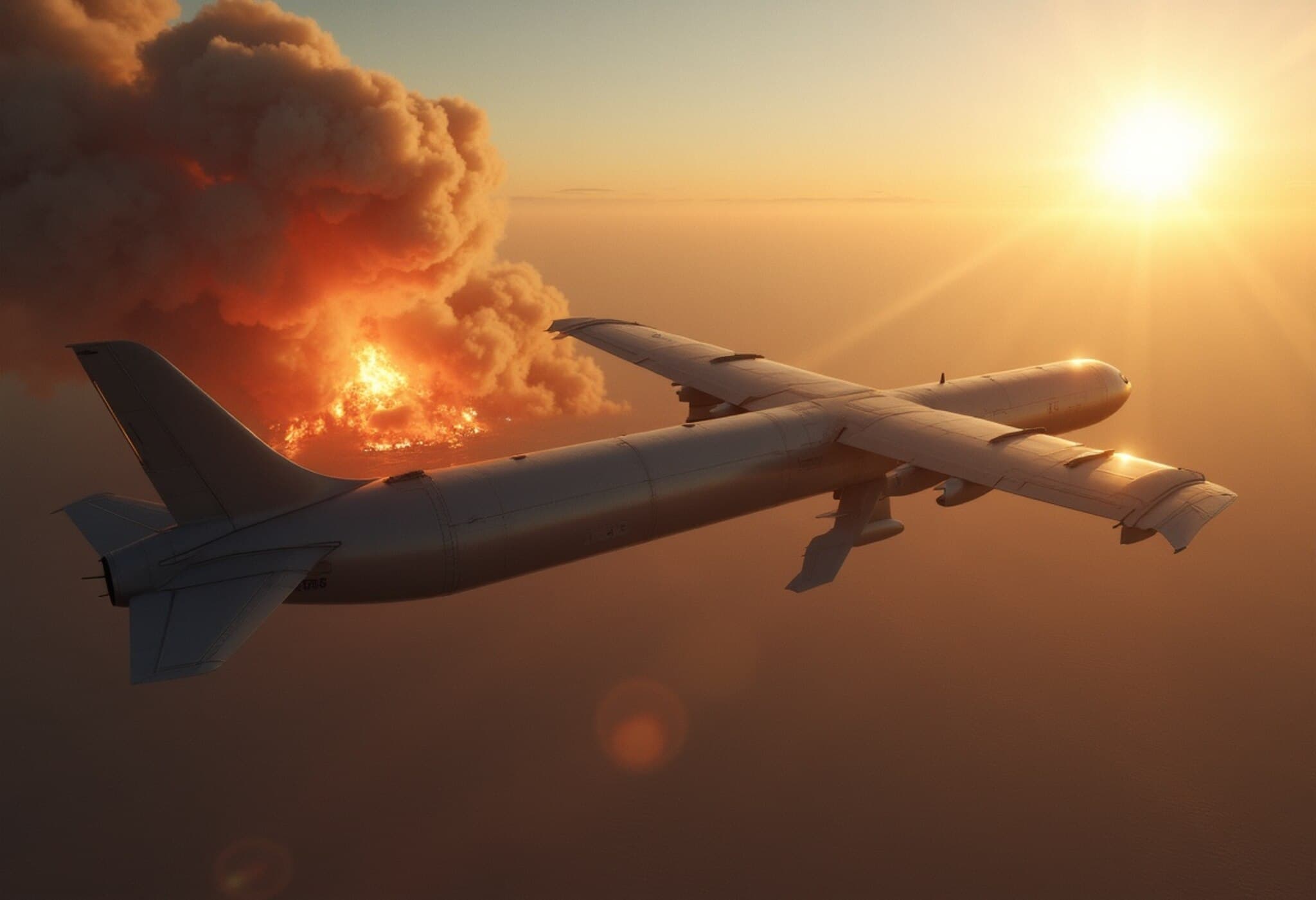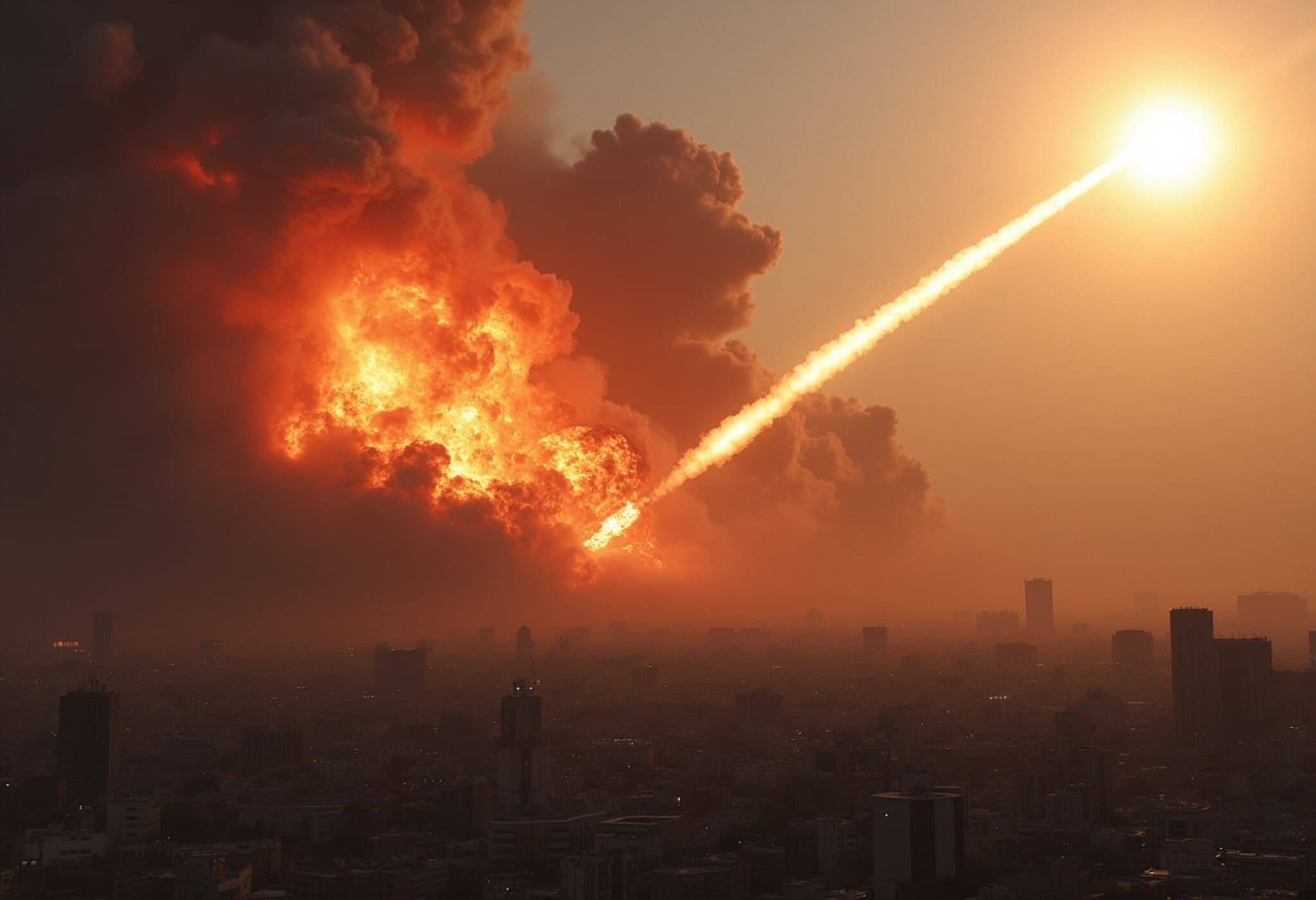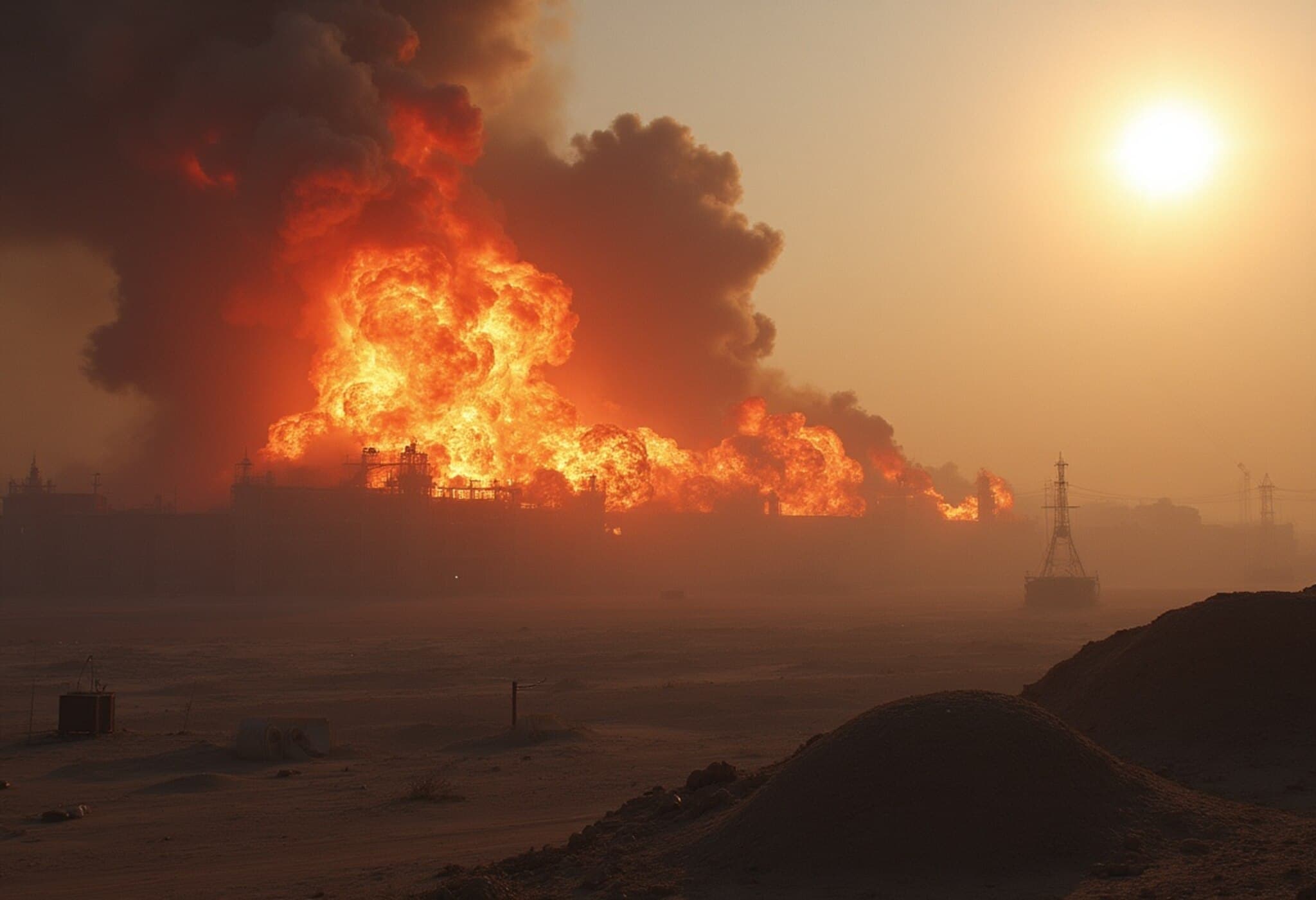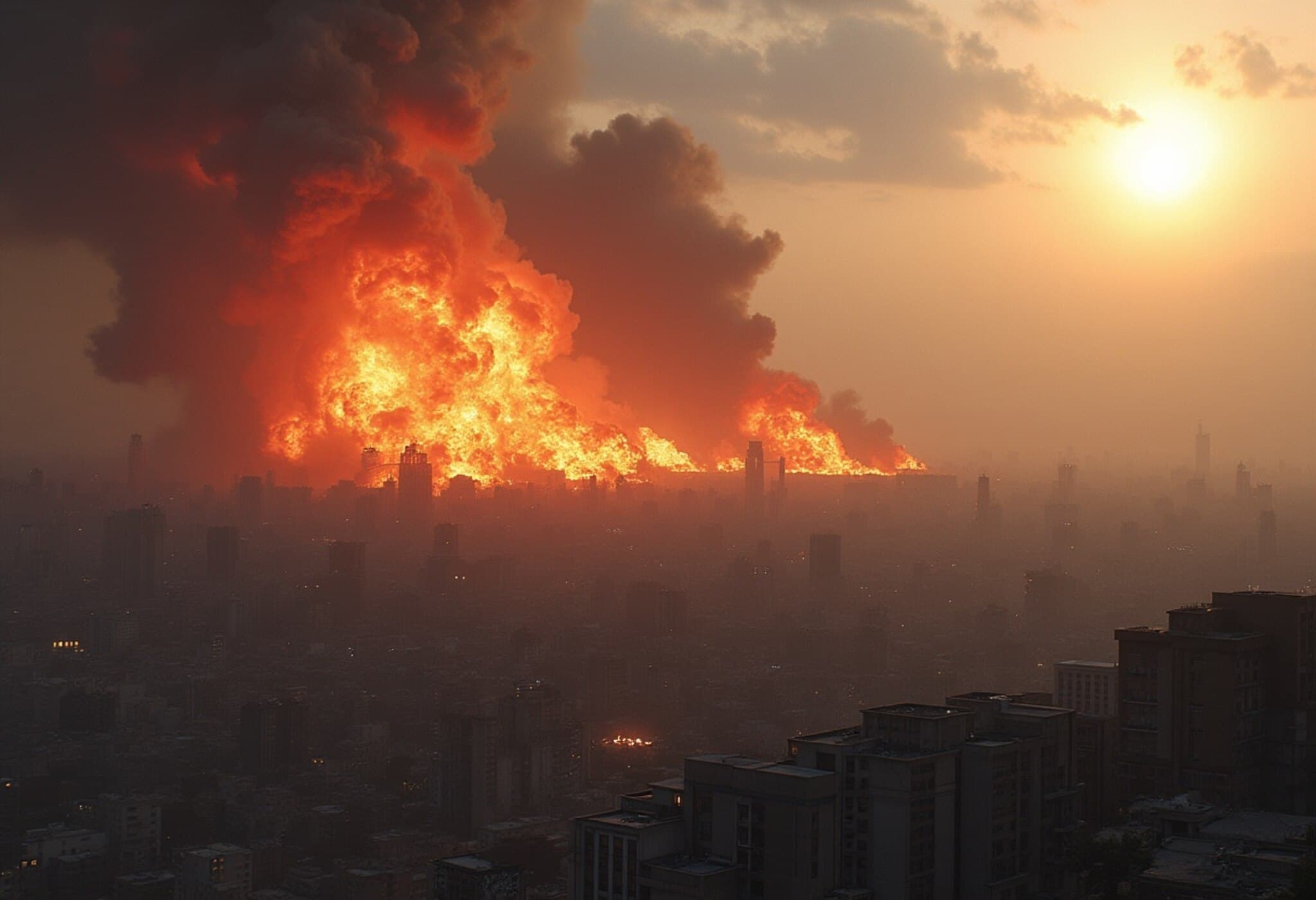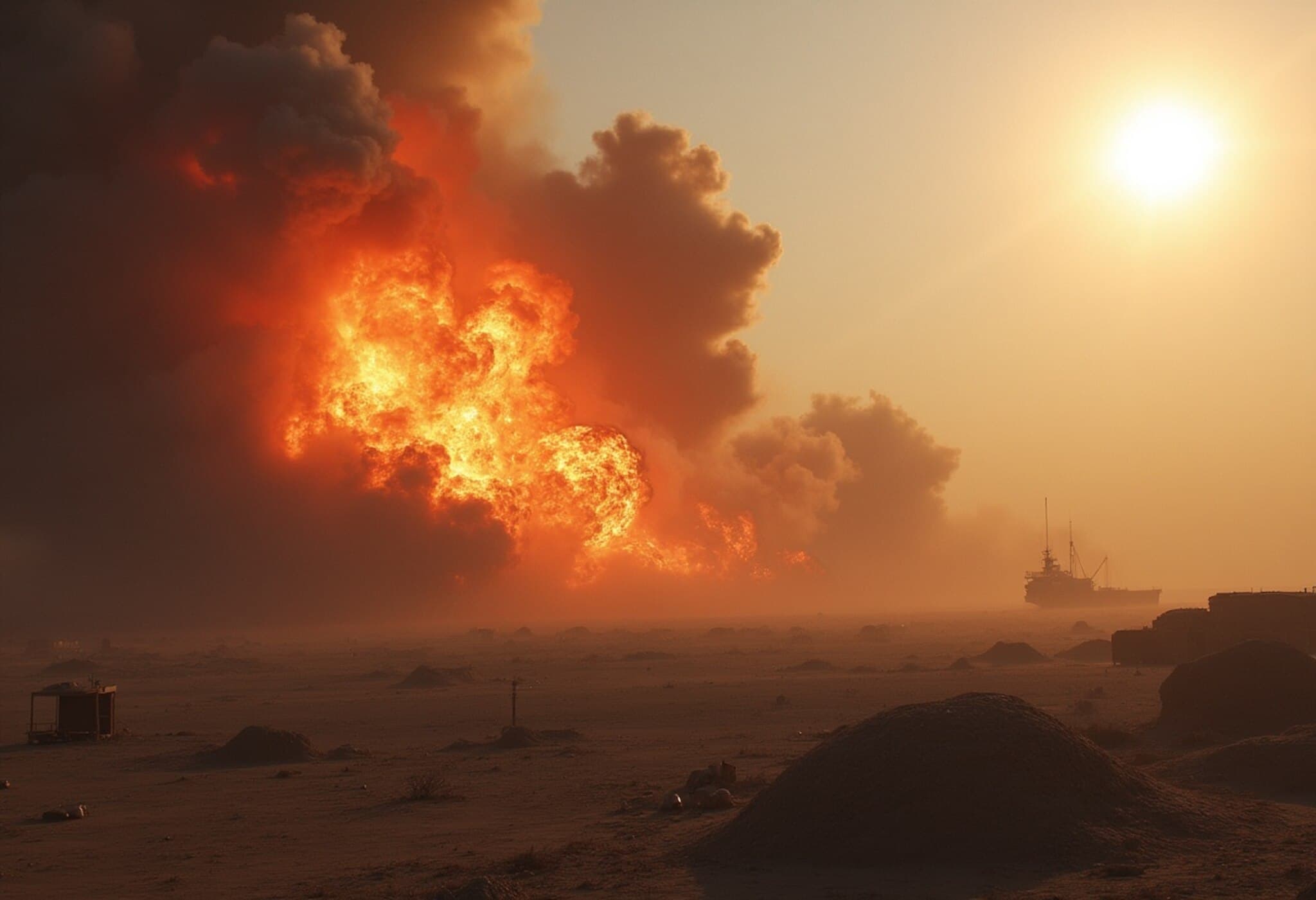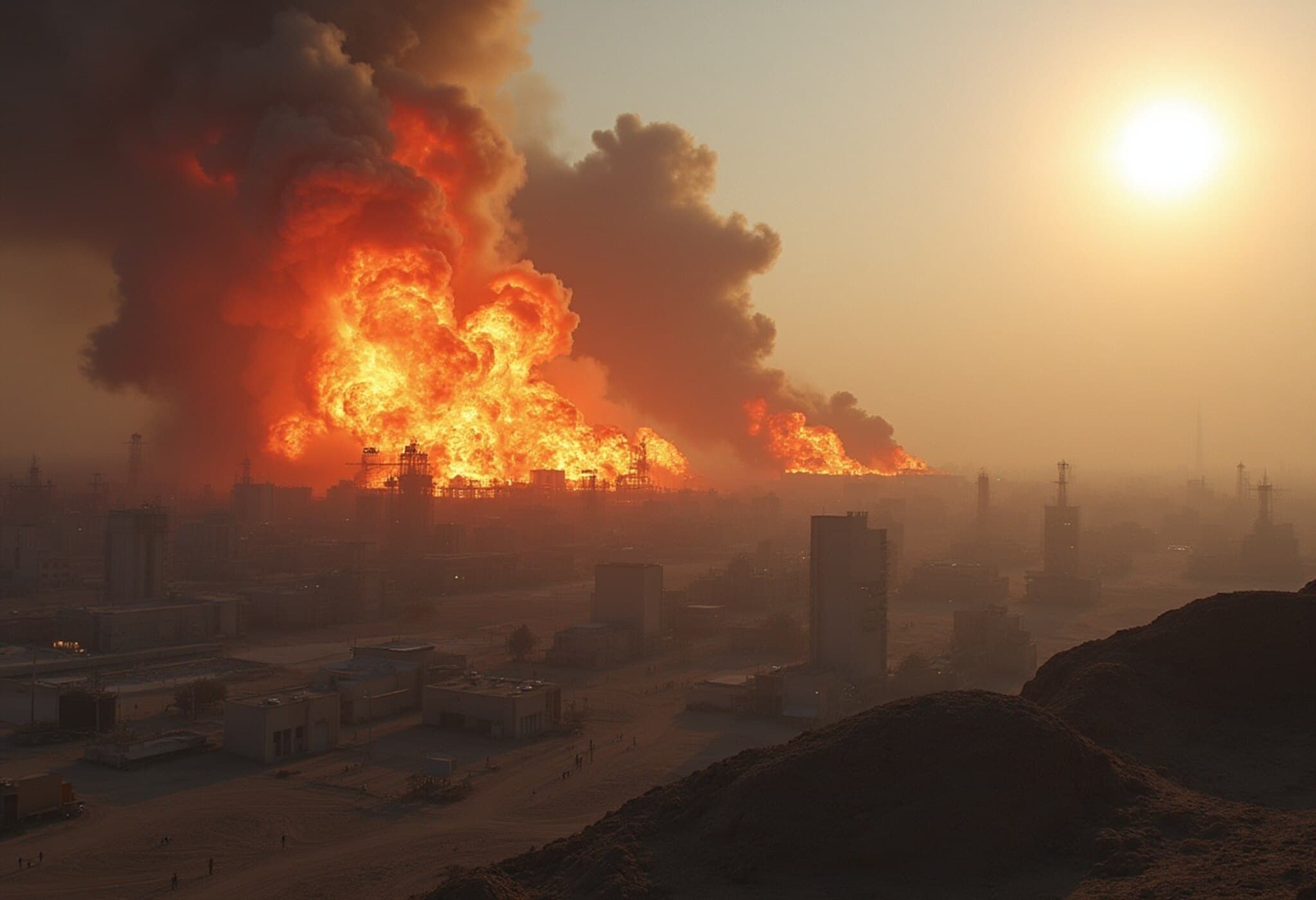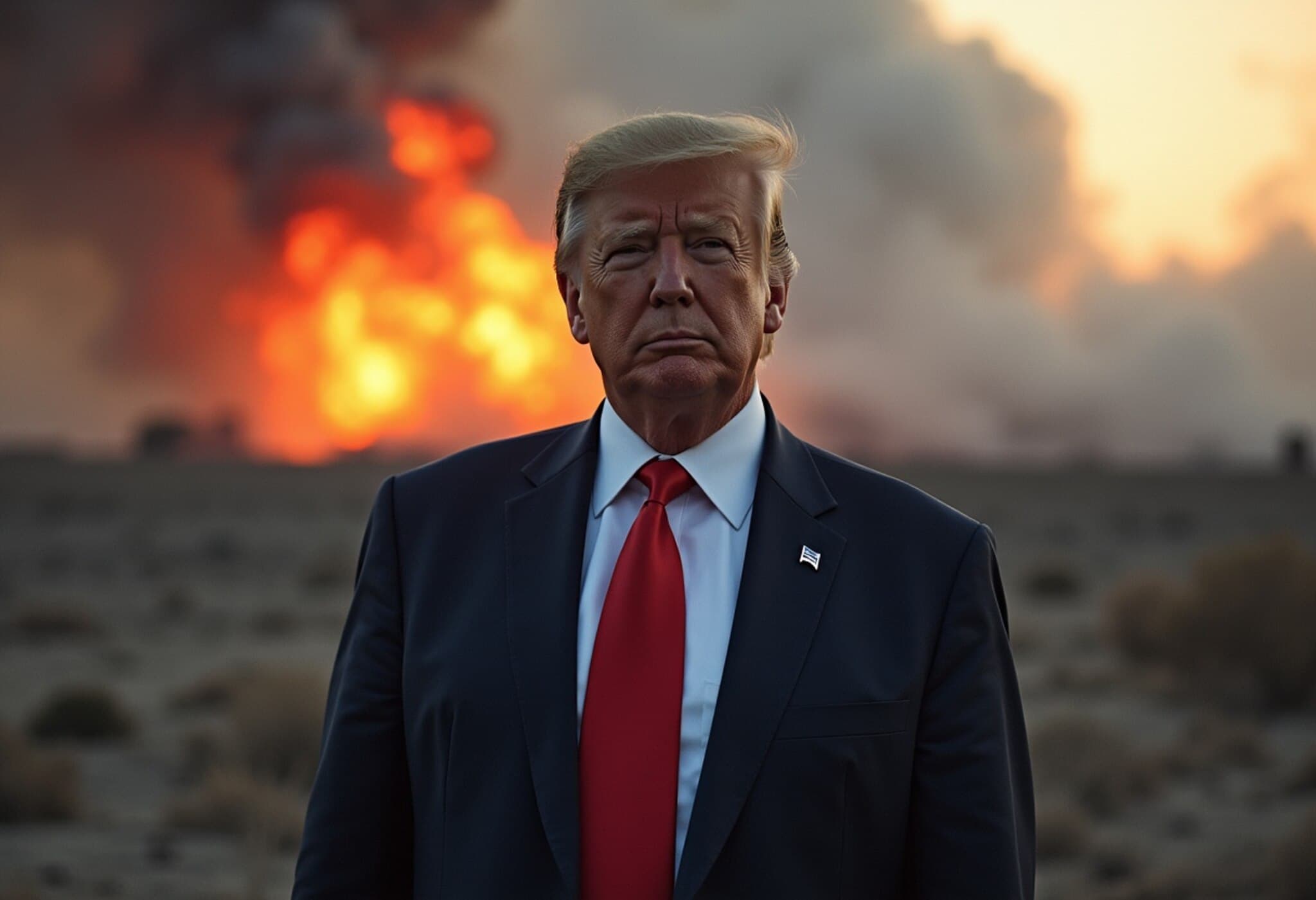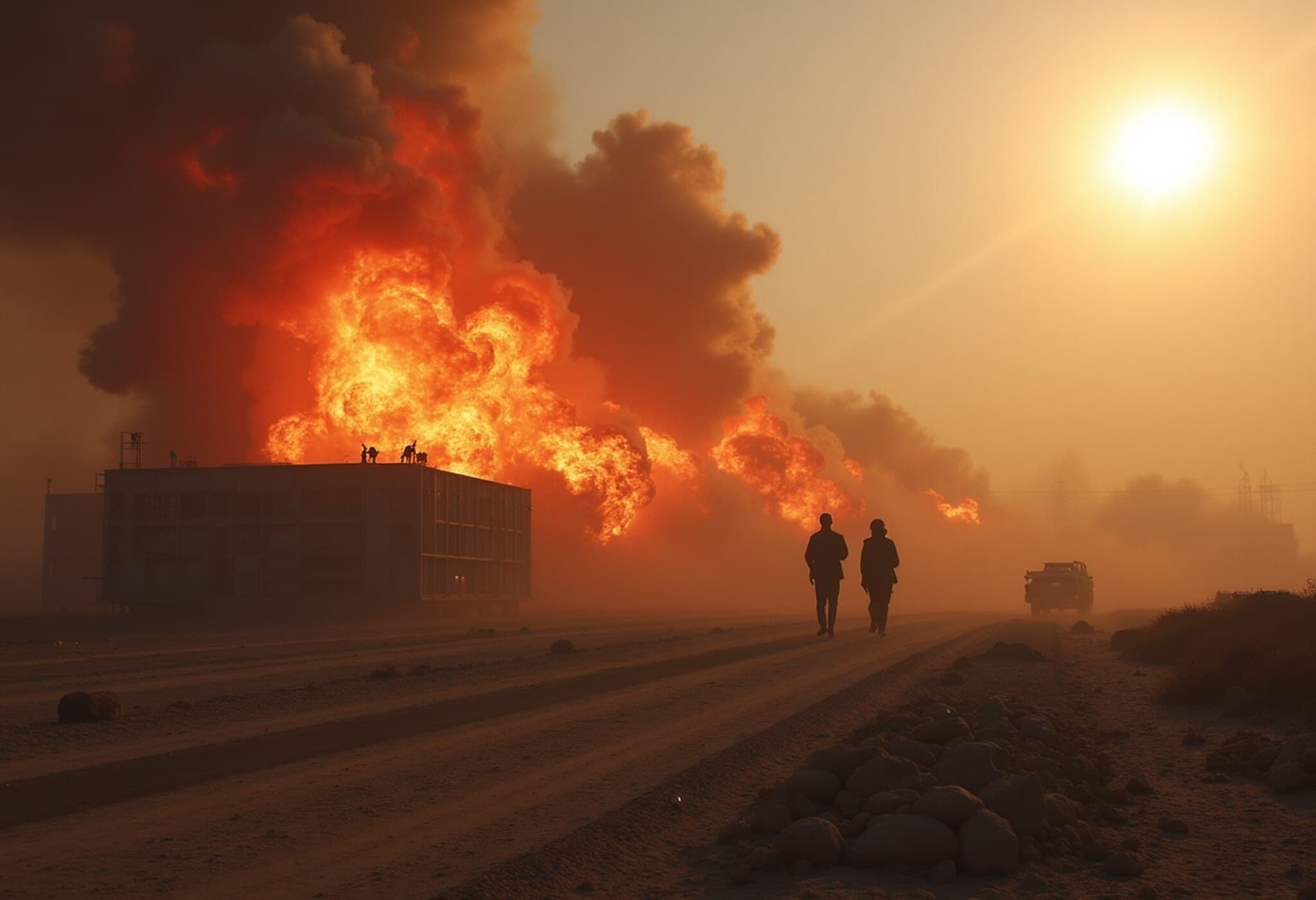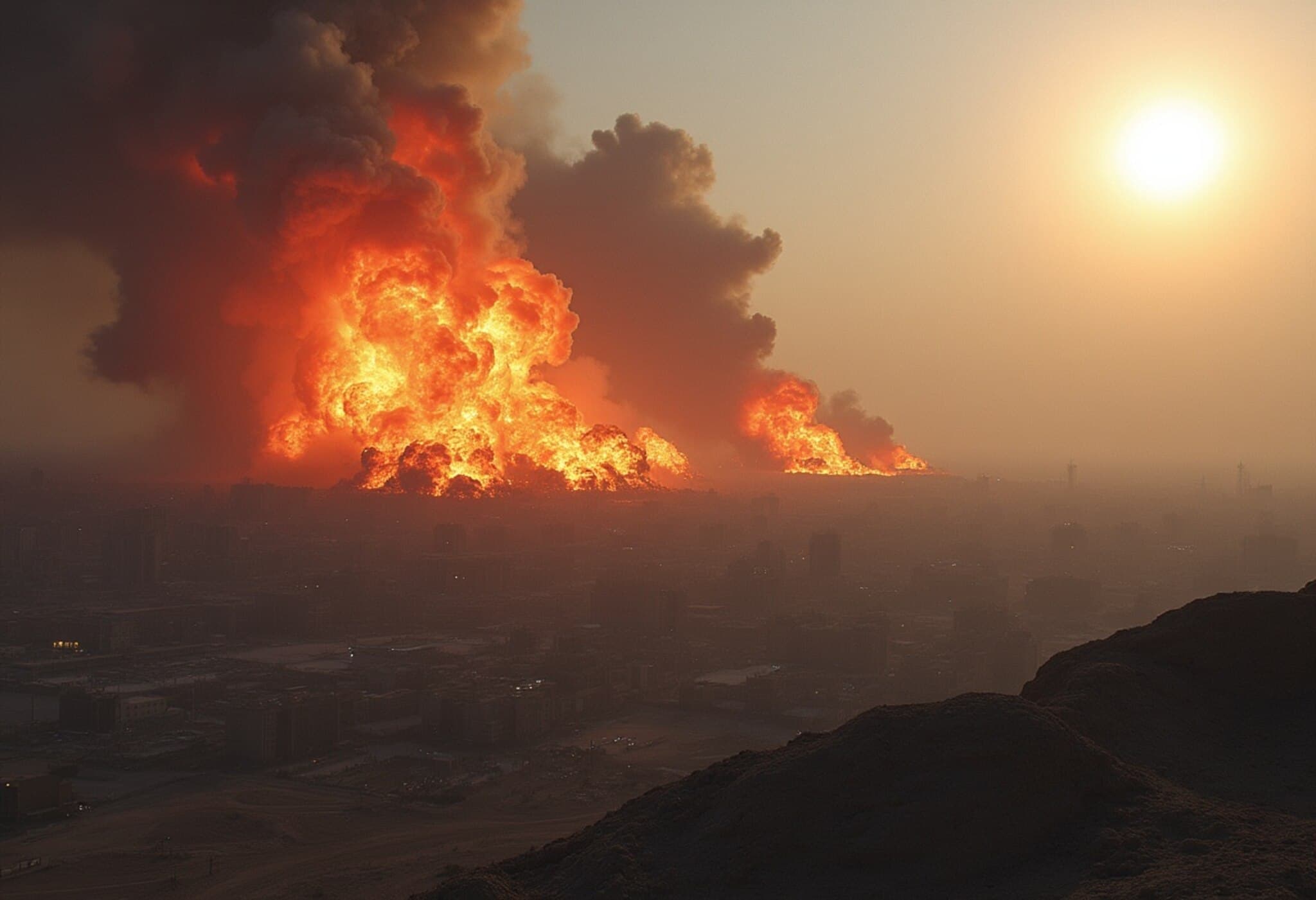Pentagon Report Reveals US Strikes Only Delayed Iran's Nuclear Program
A recent Pentagon intelligence assessment suggests that the United States airstrikes on Iranian nuclear facilities caused damage but fell short of destroying the program, contradicting earlier claims by President Trump.
Damage Limited to Delays, Not Destruction
The Defense Intelligence Agency (DIA) report, based on preliminary evaluations, concluded that while critical sites at Fordow, Natanz, and Isfahan suffered significant hits, the facilities were not obliterated. Instead, the strikes merely delayed Iran’s nuclear advancement by a few months.
Contrasting Claims from White House
The White House dismissed the DIA findings as inaccurate. Press Secretary Karoline Leavitt defended the airstrikes, asserting the operation’s effectiveness and criticizing the intelligence leak as an attempt to undermine both the President and the military personnel involved.
Evidence of Strategic Uranium Relocation
Intelligence further revealed that Iran had likely moved a substantial portion of its enriched uranium stockpile before the US airstrikes, potentially to undisclosed sites across the country. This move diminished the impact that the strikes could have had on Iran's nuclear weapon development capabilities.
Initial Overstatements by President Trump
Following the strikes, President Trump had declared from the White House that Iran’s enrichment facilities were "completely and totally obliterated," describing the operation as a "spectacular military success." The DIA’s assessment, however, suggests that these claims overstated the extent of the damage.
Implications and Future Assessments
Sources familiar with the report indicate that if the Fordow facility was largely unchanged days after the strikes, subsequent intelligence could reveal even less damage than initially estimated. This raises questions about the long-term effectiveness of the airstrikes in disrupting Iran's nuclear ambitions.
The divergent narratives between official intelligence assessments and political statements highlight the complexities of evaluating military operations in sensitive geopolitical contexts.

